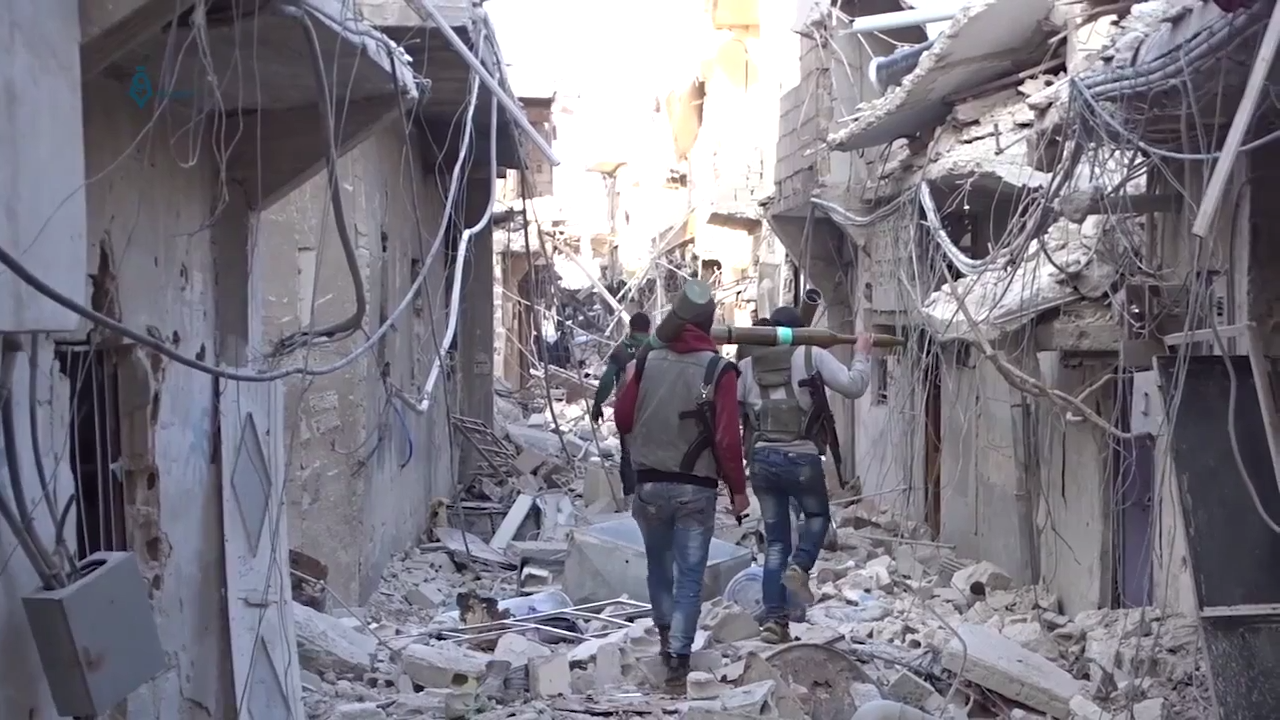BRUSSELS (Parliament Politics Magazine) – Russia defended its decision to veto a UN resolution that might have expanded humanitarian help deliveries to 4.1 million Syrians in the rebel-held northwest from Turkey for a year, stating that its demand for extension of only six months was crucial. Russia also accused Western nations of using “sly” methods and attempting “to govern the world.”
The deputy ambassador of Russia, Dmitry Polyansky had to defend Moscow’s veto of a resolution before the General Assembly on July 8 for the second time since the 193-member world body accepted a resolution on April 26 needing any Security Council member that casts a veto to provide an explanation during an assembly debate on the matter,
In order to monitor the fulfilment of Russia’s demands, Polyansky urged that a resolution should only last for six months before needing to be renewed for another six months. He listed them as increasing aid supplies within Syria across lines of conflict, expanding early recovery programmes there, improving aid operations’ transparency, and preventing “international terrorists” from getting aid.
He accused the supporters of the West of a one-year extension that had failed to make any real progress for early recovery and cross-line aid distribution. According to him, this year’s resolution to continue aid deliveries from Turkey for another year included these demands.
In response, Russia was accused of abusing its veto power on a resolution about Syria for the 17th time, this time on a measure meant to facilitate humanitarian aid for millions of people suffering as a result of 11 years of war, said Richard MillsUS deputy ambassador.
On July 11, the Security Council approved a six-month extension to prevent the suspension of assistance deliveries through the Bab Al-Hawa crossing point in Turkey, but Mills emphasised the repercussions: A second resolution will be required in January when the humanitarian needs, which were much bigger now than they had ever been, “will be greatest.”
If the resolution affirming the second six-month extension was not passed, he said, that timeframe risked leaving the people of Syria without blankets, without heating fuel, and denying them of a consistent supply of basic food items throughout the coldest of months.
Mills pleaded with the international community to join hands and firewall any more politicisation of what was a genuinely humanitarian situation.
The last rebel-held area in Syria is located in northwest Idlib, where Hayat Tahrir Al-Sham, a militant group with Al-Qaeda links is the strongest. The Syrian conflict, which began in 2011, has claimed more than 300,000 civilian lives in its first 10 years, according to a recent UN report. This is the largest official estimate of civilian casualties.
Polyansky accused the Western nations of supporting foreign terrorists that they had trained and equipped in order to overthrow the legitimate Syrian government.
He stated that the Russian Federation once again safeguarded the sovereignty and territorial integrity of Syria by using its veto.
In the assembly room, he addressed the ambassadors who were there on behalf of their nations, asking who would protect them if they allowed themselves to be drawn into other games? Who would protect you from becoming yet another Ukraine, which was used as a pawn in a geopolitical chess match between the West and the Russian Federation and had lost its inhabitants to serve the objectives of the US and its NATO allies?
Thibault Camelli, a counsellor for the European Union, emphasised to the assembly that humanitarian efforts in Syria need not be hindered, targeted, or politicised, noting that the EU and its member states were the largest donors of aid to the nation.
Humanitarian needs in Syria had grown and most certainly would keep growing, particularly in light of the food crisis brought on by Russia’s invasion of Ukraine. More than 12 million Syrians today depended on food assistance from outside sources to survive.






